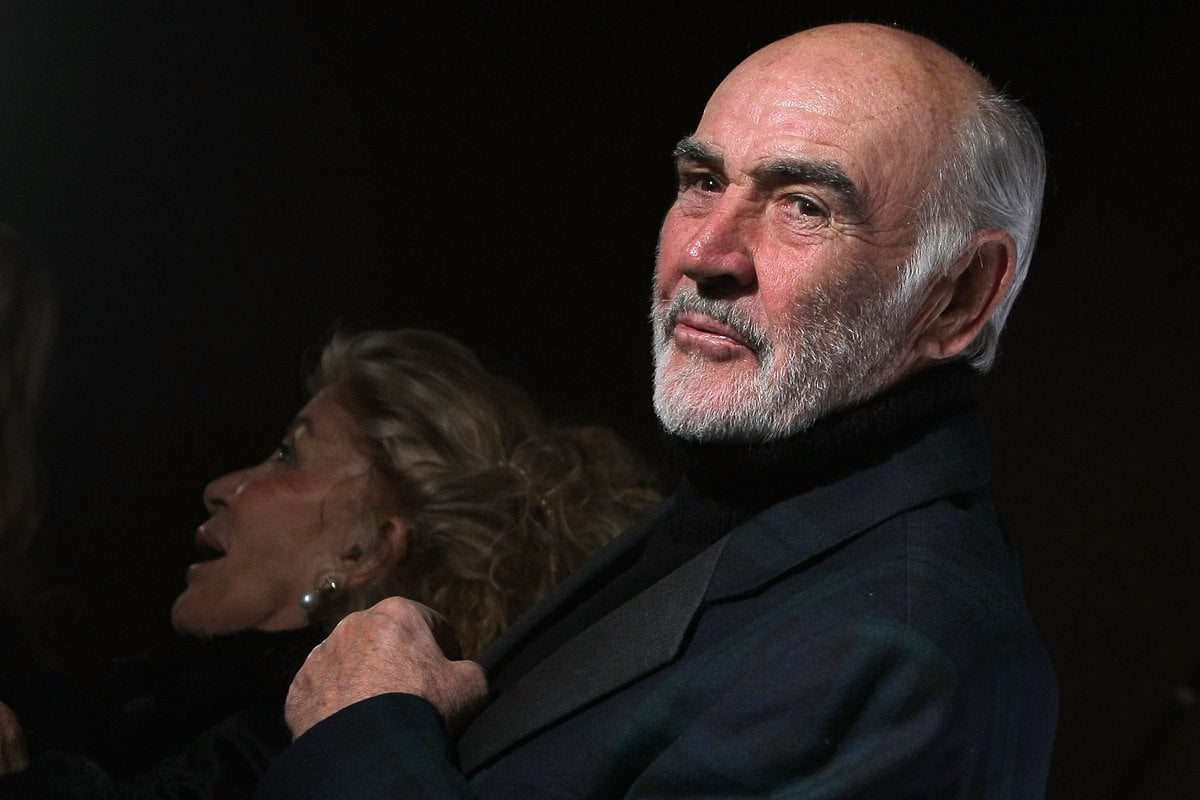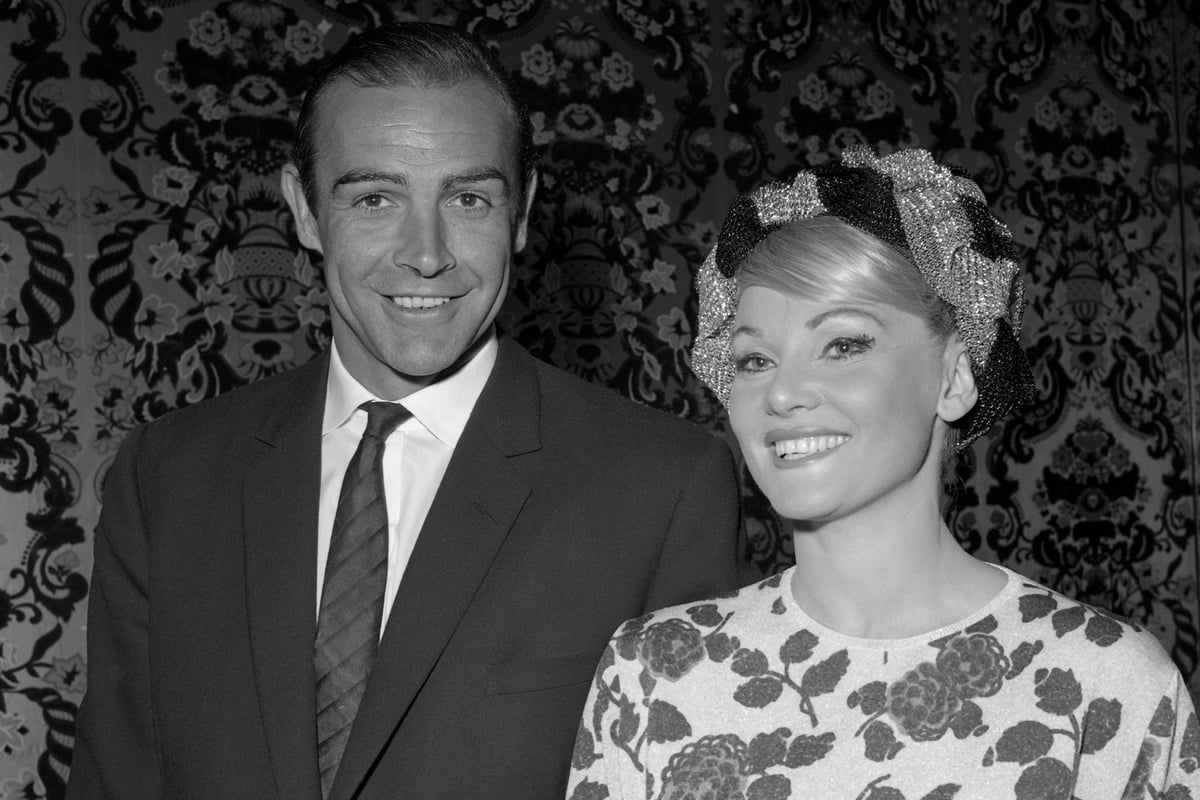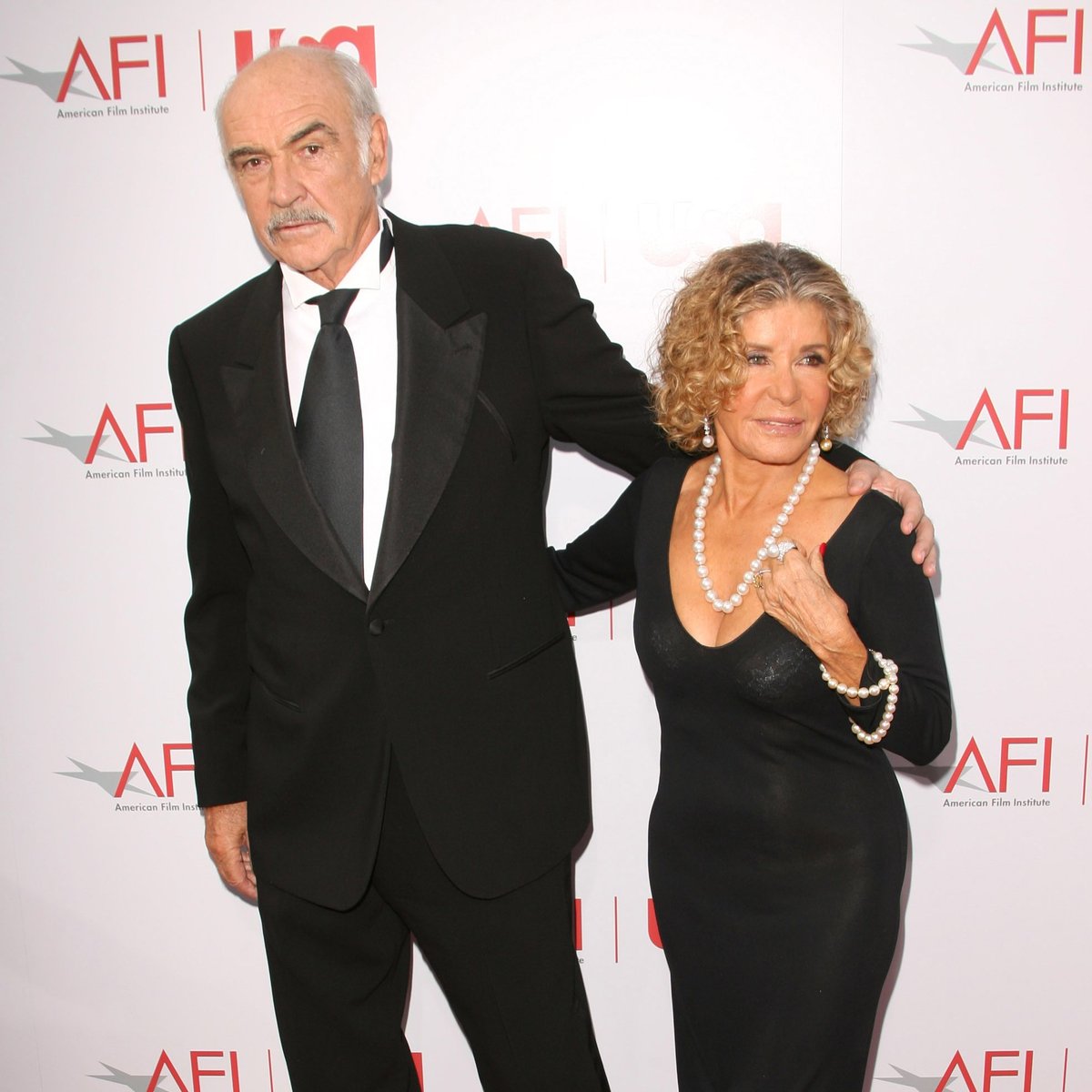
Content warning: This story contains descriptions of domestic violence, and may be distressing for some readers.
On Saturday, October 31 actor Sean Connery died, aged 90.
The Scottish movie star died in his sleep, leaving behind his wife of 45 years, Micheline Roquebrune.
Roquebrune, 91, paid tribute to her "gorgeous model of a man", sharing that he had been diagnosed with dementia.
"It was no life for him. He was not able to express himself latterly. At least he died in his sleep and it was just so peaceful. I was with him all the time and he just slipped away. It was what he wanted," she said in a statement.
"He had dementia and it took its toll on him. He got his final wish to slip away without any fuss."
Instantly, the world offered its condolences.
For decades, Connery had been a legend of the acting world: perhaps best known as James Bond, he also won an Academy Award for The Untouchables, plus two BAFTAs and three Golden Globes during his career.
James Bond producers Michael G Wilson and Barbara Broccoli said they were "forever grateful" for Connery.
"He was and shall always be remembered as the original James Bond whose indelible entrance into cinema history began when he announced those unforgettable words - 'The name's Bond... James Bond'," they said.
Hugh Jackman called Connery a legend "on screen, and off".



